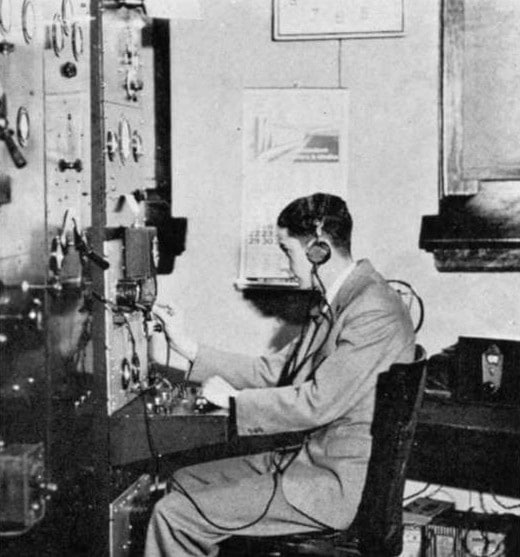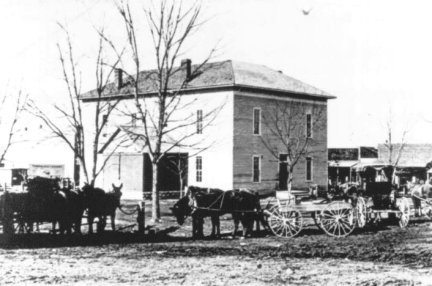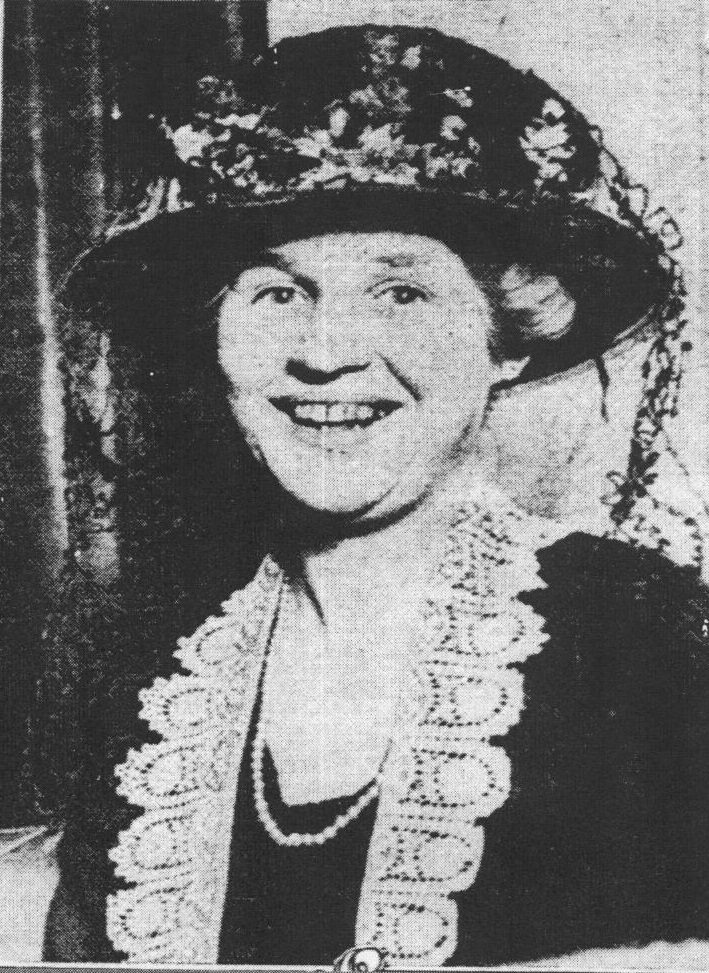WEW Begins Broadcasts in St. Louis: April 26, 1921

The oldest radio station west of the Mississippi began audio broadcasting on this date in 1921. Although the station actually traces its origins back to 1912, all its broadcasts before this date had been in Morse Code. The station claims to be the second oldest station in America.
The station originally began as an experimental project by the university’s physics department. Under the direction of Father William Lonergan, the station initially served as a platform for educational outreach, providing a medium through which the university could extend its educational mission beyond the confines of the campus. The call letters WEW were randomly assigned, but were retroactively said to stand for “We Enlighten the World,” reflecting the station’s commitment to spreading knowledge and information.
When it began its first audio broadcast on this date in 1921, the station had received permission to broadcast twice-daily weather reports for Missouri and Illinois, as well as information about the local river stages. The first broadcast went out at 10:05 AM.
In 1922 the station became officially licensed, and WEW broadcast a variety of content including music, educational lectures, and religious services, which was quite innovative at the time. The station was also a pioneer in agricultural programming, making a significant impact on the farming community by providing timely information on weather forecasts, crop prices, and farming techniques. This service proved invaluable, particularly to the rural communities surrounding St. Louis.
Over the years, WEW has undergone numerous changes in ownership, format, and technology, adapting to the evolving landscape of broadcasting. It transitioned from AM to FM, embraced digital technology, and shifted its programming to meet the changing tastes and needs of its audience. Despite these changes, WEW has remained a vital part of St. Louis’s cultural fabric, continuing to serve its community with a mix of educational, religious, and cultural programming.
Today, WEW operates with a focus on community engagement and education, staying true to its roots while continuing to innovate and adapt to the modern era of radio broadcasting. Its long history not only marks it as a pioneer in the field but also as a lasting testament to the power of radio as a means of community service and connection.
Related Posts
April 29, 1898
Missouri was requested to provide five regiments of infantry and one battery of light artillery for the Spanish-American War.
April 26, 1886
The Douglas County Courthouse (which was housed at the time in a temporary building) was destroyed by fire.
April 5, 1921
The citizens of St. James elected Mayme Ousley to be the first woman mayor in the state. This was just two years after women won the right to vote.



